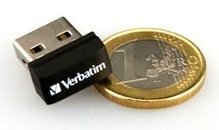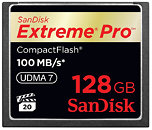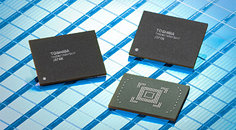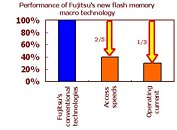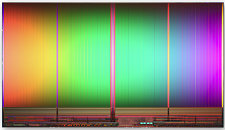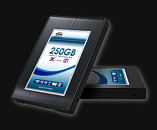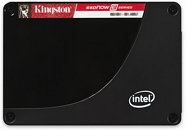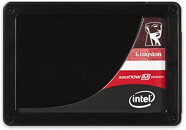Verbatim Launches Store 'n' Stay USB Flash Drives
Verbatim, the global leader in data storage technology including portable hard drives, USB flash drives, CDs, Blu-ray discs and memory cards, packs unparalleled power, speed and reliability into its new Store 'n' Stay USB Drive. "The low-profile, snag-free design makes it the optimal USB flash drive choice for laptop users who want the ability to transfer, store and share their favorite files on impulse," said Mark Rogers, Verbatim Product Manager, Flash Memory. "It's meant to be left in the USB port for always-ready storage, and can be easily removed to share videos, photos, and music whenever the occasion arises!"
Available in 4GB, 8GB and 16GB storage capacities, the Store 'n' Stay USB drive is a must-have accessory for any notebook or netbook user. Designed to be left in the USB port, its low-profile design makes sliding laptops or notebooks out of travel bags, sleeves and cases a cinch. It protrudes a mere 5 mm and can be easily removed for quick, convenient file sharing. Compatible with most Windows 2000, XP, Vista, and Windows 7 as well as Mac OS 9 or higher systems, the ultra compact Store 'n' Stay USB Drive features a USB 2.0 interface and is backed by Verbatim's Limited Lifetime Warranty.
Available in 4GB, 8GB and 16GB storage capacities, the Store 'n' Stay USB drive is a must-have accessory for any notebook or netbook user. Designed to be left in the USB port, its low-profile design makes sliding laptops or notebooks out of travel bags, sleeves and cases a cinch. It protrudes a mere 5 mm and can be easily removed for quick, convenient file sharing. Compatible with most Windows 2000, XP, Vista, and Windows 7 as well as Mac OS 9 or higher systems, the ultra compact Store 'n' Stay USB Drive features a USB 2.0 interface and is backed by Verbatim's Limited Lifetime Warranty.
